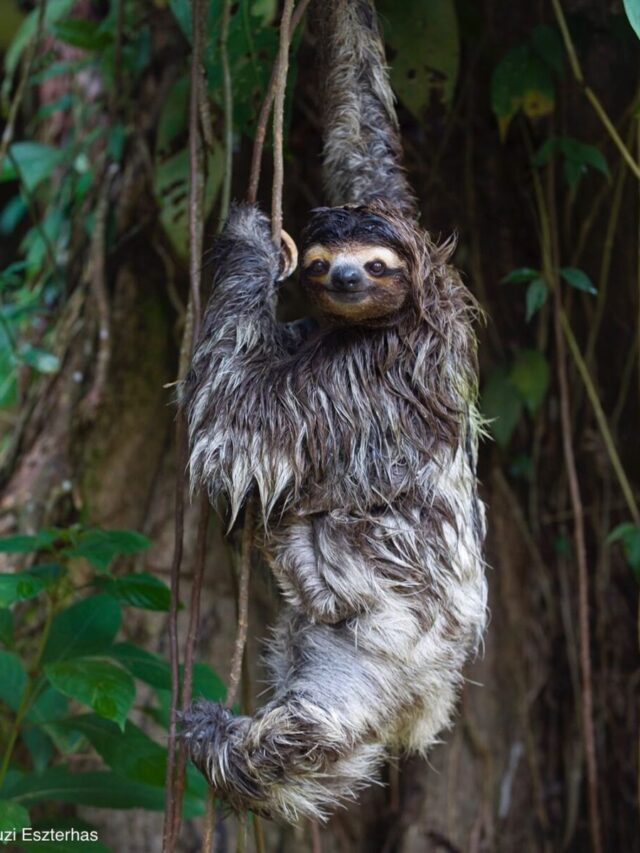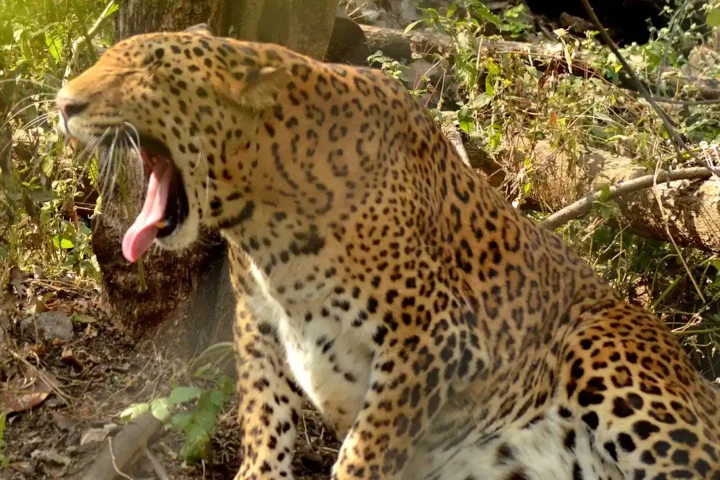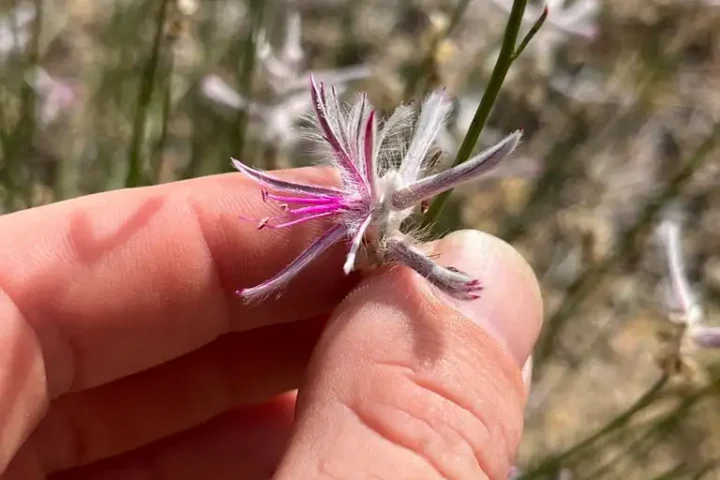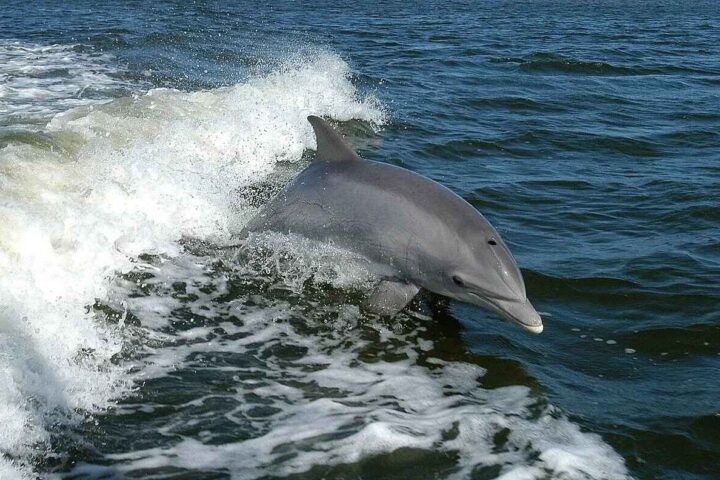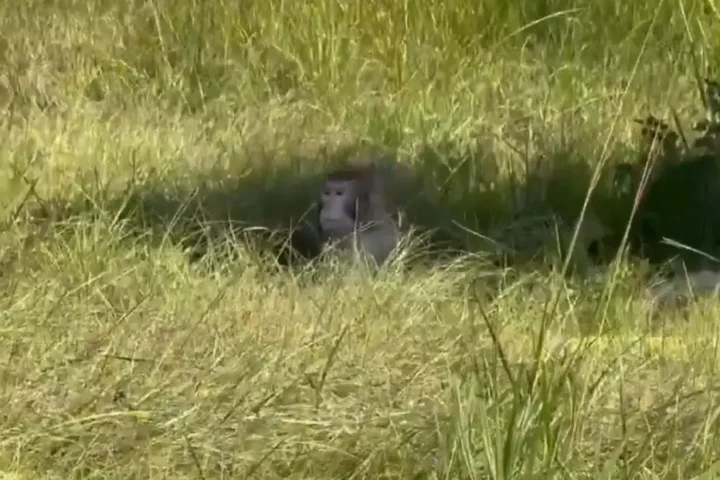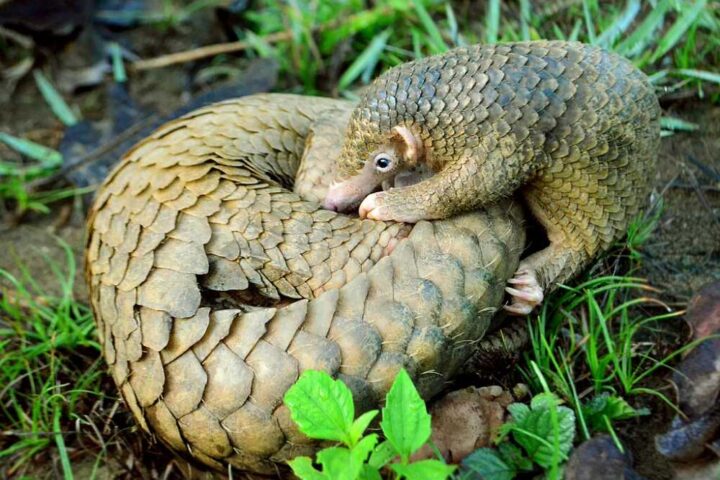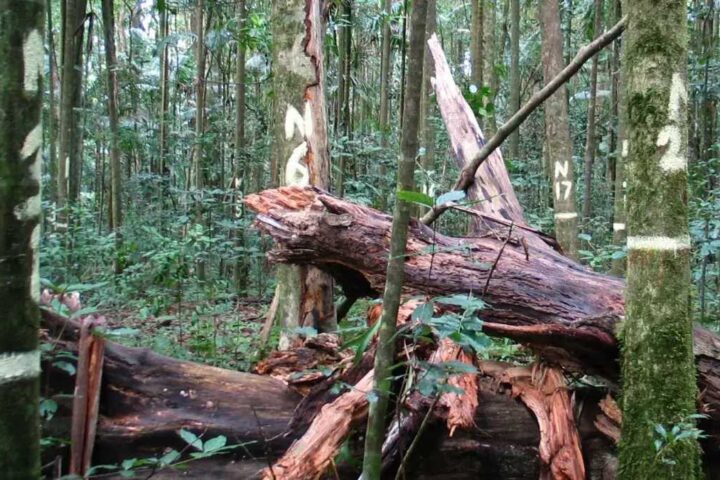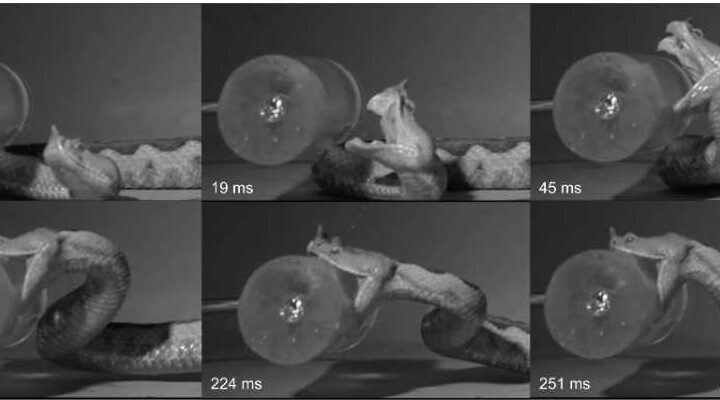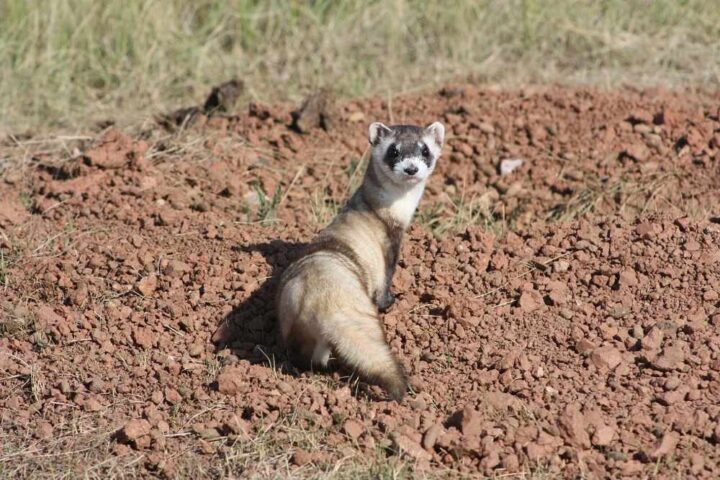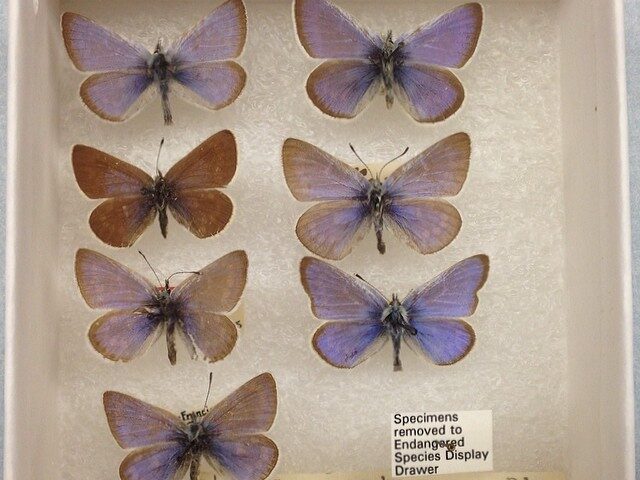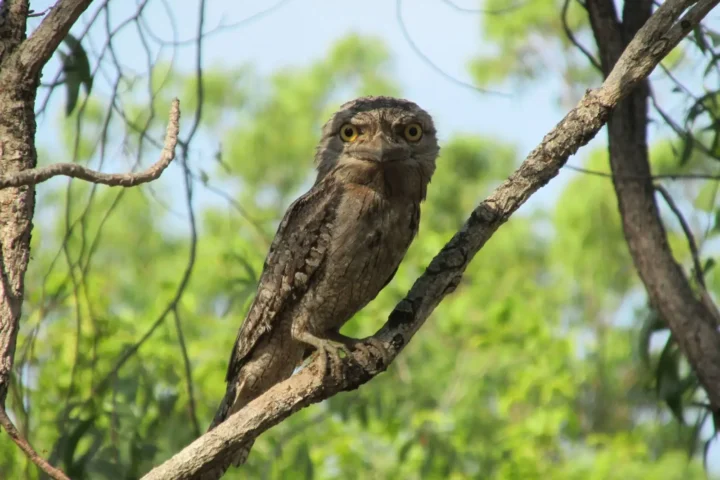The sloths are one of the slowest mammals on earth and named rightfully named after their slow and lazy movements. Slowness allows them to survive on lighter diets and also help them avoid predators from detecting them.
Sloths are habitual to life on tree tops of tropical rainforests and barely have any reason to come to the ground. But due to human intervention the sloth habitats are getting disrupted.
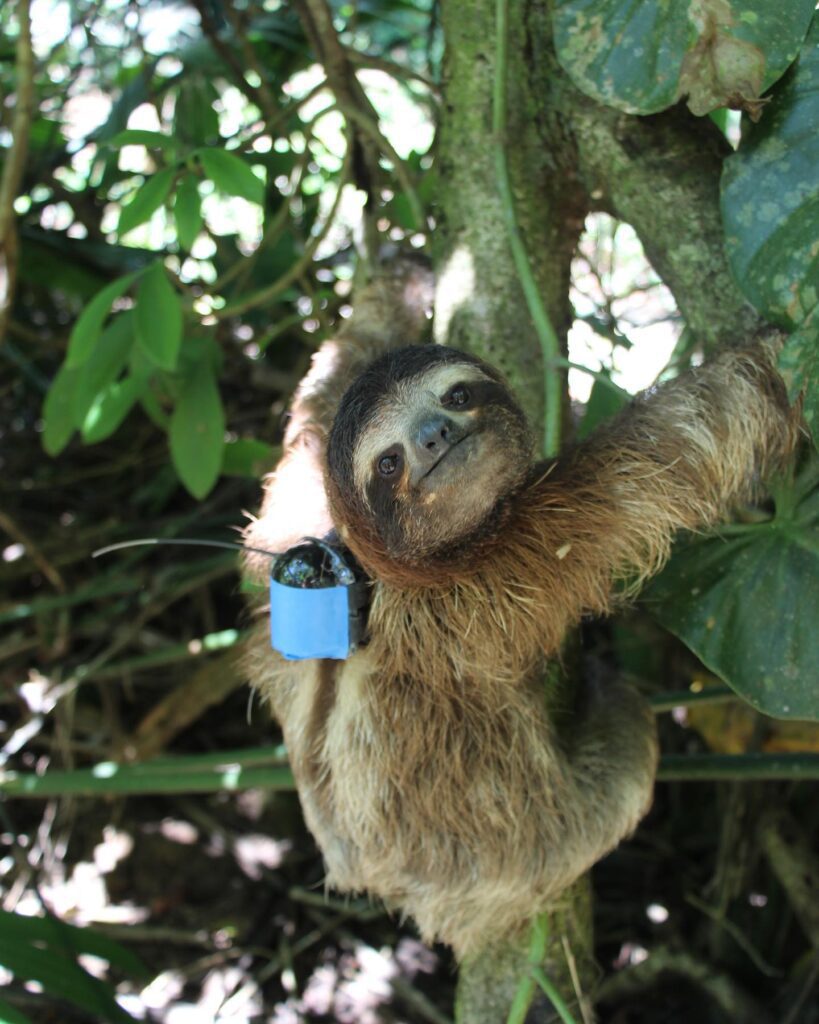
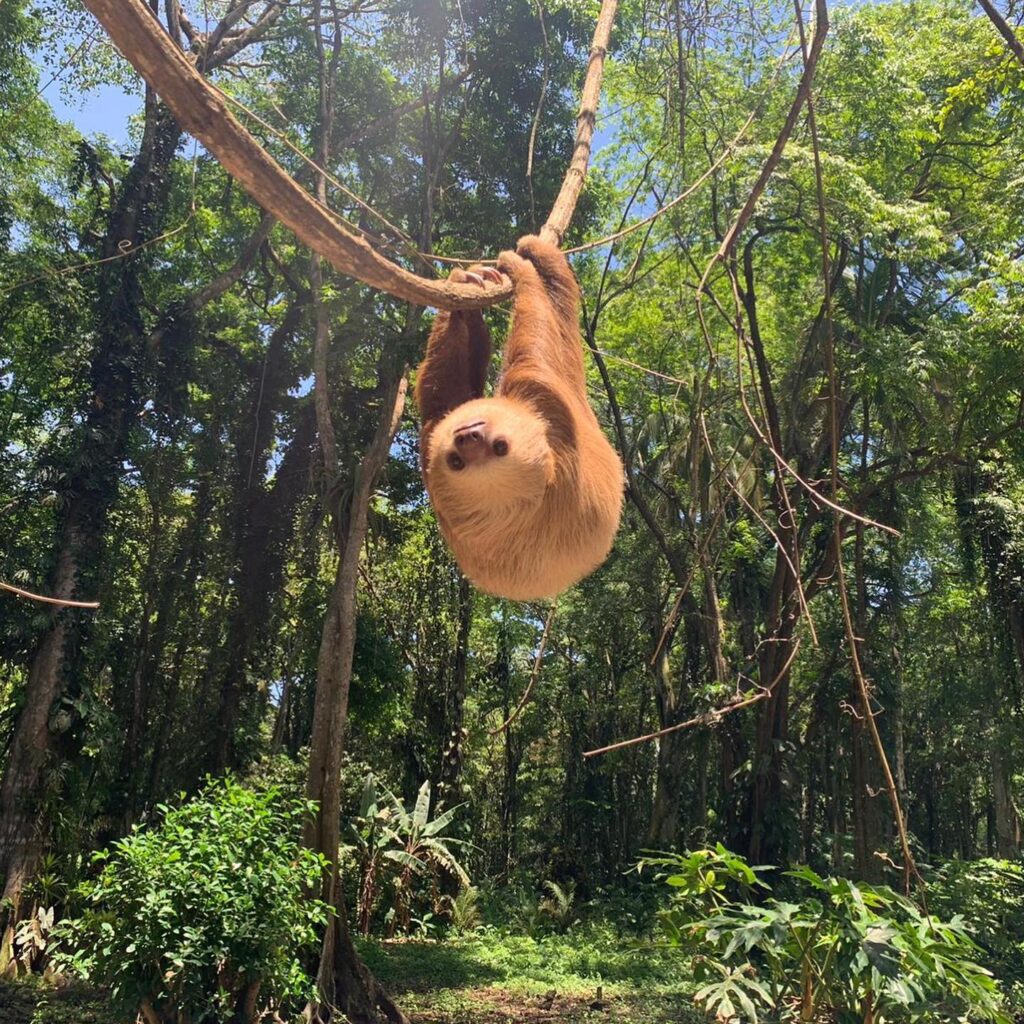
They are mostly found in Central America & South America. There are at least 8 families of sloths out of which two fall in the endangered category.
The Sloth Conservation Foundation protects sloths in the wild through research and conservation initiatives. SloCo was founded in 2016 by sloth researcher Dr. Rebecca Cliffe and is based in Costa Rica.
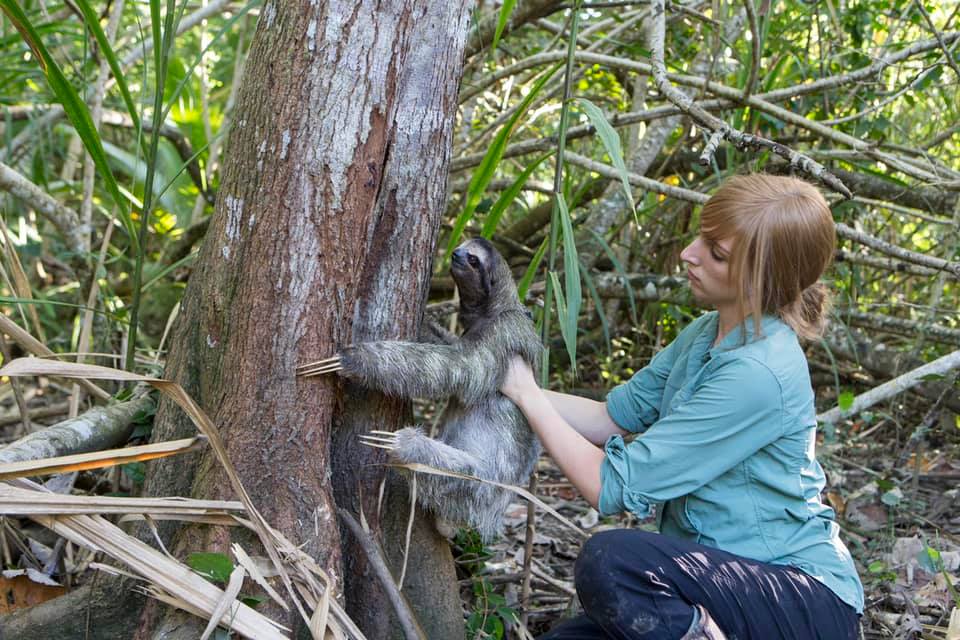
Dr. Cliffe had worked extensively in the field with sloths for over 10 years and has conducted research and published numerous scientific papers. Her study revolves around ecology, biology, genetics and physiology of sloths
In 2020 the sloth community was able to raise a record-breaking $270,000 for sloth conservation, and as a result, they were able to educate more children, plant more trees, empower more people and help more sloths than ever before.
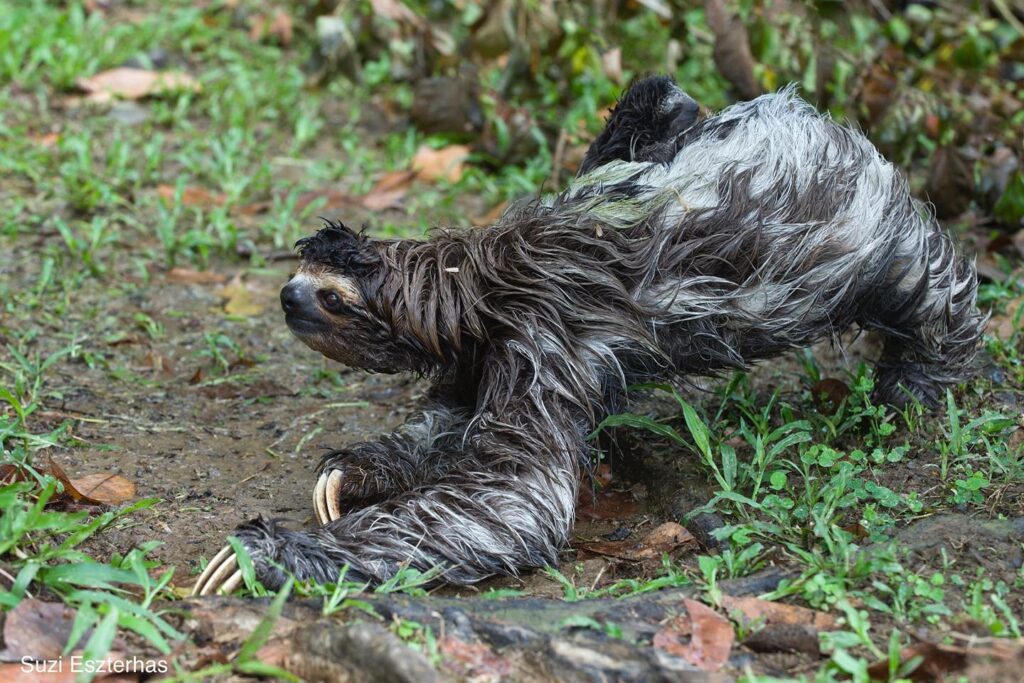
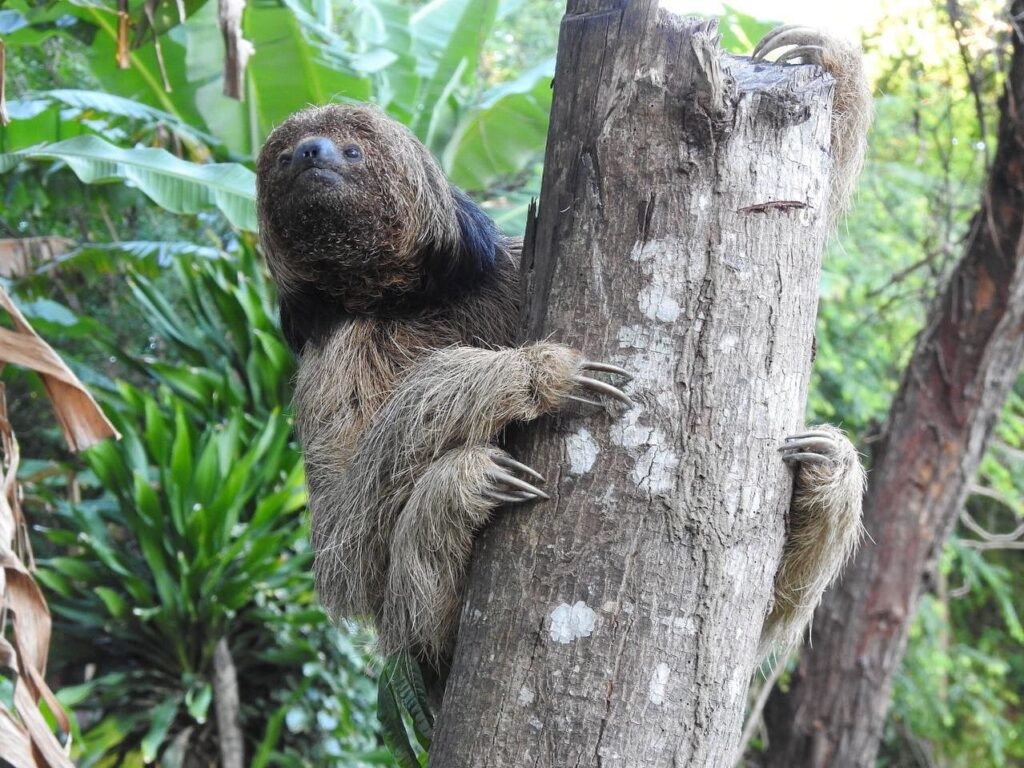
SloCo was founded with the determination to stimulate progressive change and achieve lasting solutions through research and conservation initiatives. They are working towards developing sustainable methods methods where humans and sloths can coexist through various projects.
